This issue covers:
- Future solar PV installation forecast
- Local content requirement for solar PV in India...
- ...as Canada loses WTO appeal
- STA opposes Chinese solar panel duties
- National Solar Centre opens
- US solar PV supply is reliable says report
- NI solar PV planning requirements are eased
- Catch us at Intersolar Europe 2013
Future solar PV installation forecast
According to a recent report from Navigant Research, 220 GW of distributed solar photovoltaic capacity will be installed worldwide between 2013 and 2018. The total, which includes solar generation in residential, small commercial and industrial settings, will represent $540 billion in revenue during this time.
The report, "Distributed Solar Energy Generation," analyzes the global market for distributed solar PV systems less than 1 MW in capacity. The report outlines the most important market drivers, technology trends and challenges that the growing distributed solar PV industry will face.
One market driver, the report notes, is that module prices are decreasing - a factor that is helping growth in the USA, China, Japan and other countries.
According to the report, distributed-generation PV in the USA will grow from 2,475 MW in 2013 to 3,919 MW in 2018. The extension of the solar investment tax credit through 2016 is helping.
The Navigant report also looks at key innovations, barriers and opportunities for distributed PV, as well as forecasts by region. For more information, visit navigantresearch.com.
Local content requirement for solar PV in India...
The latest solar PV auction by India's government for 750 MW of new solar, is being designed by the authorities to ensure that a large portion of the solar materials involved will be locally made.
According to the Bloomberg news service, the government plans to close a regulatory loophole in India's current domestic-content rules that previously allowed companies to import thin-film solar panels from foreign suppliers.
However, Tarun Kapoor, joint secretary of India's Ministry of New and Renewable Energy, told the news agency that this new auction will make sure around 300 MW of the 750 MW is developed using domestically made solar panels - including thin-film PV.
As part of the auction, India’s government will also offer grants to developers that could cover up to 30% of up-front costs. Kapoor said the country, which seeks to have 9 GW of additional solar capacity by 2017, will likely hold another auction in September.
...as Canada loses WTO appeal
The World Trade Organisation (WTO) has denied the Canadian government's appeal on an earlier ruling that a mechanism in Ontario's feed-in tariff (FIT) program violates trade law.
Earlier this year, the European Union and Japan issued claims that the FIT program's domestic-content rules unfairly pressure Ontario renewable energy developers to purchase a designated amount of locally sourced materials for their projects, thus discriminating against foreign companies. In December 2012, the WTO deemed the incentives illegal.
Following its denied appeal, the Canadian government will need to adjust its rules, or it could face trade sanctions, Reuters notes. A spokesperson for Canada's federal trade ministry told the news agency that the federal and provincial governments will work together to respond to the newest ruling, which will require an adjustment to existing rules or run the risk of trade sanctions.
STA opposes Chinese solar panel duties
The European Commission’s proposed introduction of provisional duties of Chinese imported solar panels of between 37% and 67% is ‘very disappointing’ according to the UK Solar Trade Association (STA).
The STA opposes the imposition of any duties which restrict free trade and the growth of the solar market, with chief executive Paul Barwell saying: “These duties, if imposed, will damage the UK solar market, particularly the large scale ground-mount sector.
“It seems absurd that Commissioner De Gucht is supporting these proposals, when the duties will actually result in a net reduction in EU solar jobs, restrict the growth of the solar market, and damage Europe’s chances of meeting its 2020 renewable targets.
“Solar power has shown impressive cost reductions in recent years, enabling Government to set a pathway of gradually reducing subsidies. However, the cost increases resulting from these duties will throw the UK off course from its solar roadmap.”
Although the imposition of duties was not a complete surprise, the minimum proposed level of 37% has come as a shock. In many cases this will take Chinese panels above the price of European and Korean panels.
The STA believes the duties will also result in increasing the cost of non-Chinese solar panels, which will no longer need to compete on price with Chinese products.
Paul Barwell continued: “The Commission surely did not intend to cause the prices of non-Chinese panels to increase, but this is a commercial reality when a lower priced product is removed from the market.”
More details at www.solar-trade.org.uk
National Solar Centre opens
Greg Barker, the UK’s minister for energy and climate change, has officially opened the BRE's National Solar Centre (NSC) in St Austell, Cornwall.
The centre is aiming to become a focal point for research and best practice information for the UK's solar industry.
At the opening ceremony, Barker said: “The new National Solar Centre will play a fundamental role in driving forward the solar industry here in the UK. Not only will work carried out by the centre help to cut costs, improve efficiency and drive forward innovation in this sector, it will also help position the UK as a top destination for global investment in this exciting technology.
"The coalition government has finally put solar firmly on the map. Solar has a key part to play in our energy mix, and later this year we will be launching the UK’s first ever government solar strategy, to capitalise on growth so far and explore ways to take it even further. The centre couldn’t come at a better or more important time.”
The NSC estimates that the current UK solar market is worth £1.5 billion, rising to £21.4 billion by 2020. The new centre hopes to help drive the industry’s development so that the sector is fully able to realise its potential. More details at www.bre.co.uk/.
US solar PV supply is reliable says report
If the USA ceases to burn coal, shuts down a quarter of existing nuclear reactors and trims its use of natural gas by 2050, the resulting increased reliance on wind, solar and other renewables will not result in a less reliable electricity grid, according to a new report prepared by Synapse Energy Economics Inc. for the nonprofit Civil Society Institute.
The new study finds that in the envisioned 2050 with a heavy reliance on renewables, regional electricity generation supply could meet or exceed demand in 99.4% of hours, with load being met without imports from other regions and without turning to reserve storage. In addition, the report adds, surplus power would be available to export in 8.6% of all hours, providing an ample safety net where needed from one region of the USA to the next.
"Put simply, the message today is this: It is a myth to say that the United States cannot rely on renewables for the bulk of its electricity generation,” says Thomas Vitolo, analyst at Synapse Energy Economics Inc. and the report’s co-author. "This study finds that the projected mixes, based entirely on existing technology and operational practices, are capable of balancing projected load in 2030 and 2050 for each region - in nearly every hour of every season of the year."
More details at www.civilsocietyinstitute.org .
NI solar PV planning requirements are eased
Solar installations for schools, businesses and farm buildings in Northern Ireland will no longer require planning permission.
The change in policy relates to both photovoltaic and solar thermal installations and was introduced with effect from 30 April, 2013 and follows on from permitted development rights previously introduced for the installation of domestic solar panels on homes.
Northern Ireland’s environment minister, Alex Attwood, said: “This is a good boost for a cleaner, greener Northern Ireland. By removing red tape around having to make a planning application, schools, businesses and farms will be able to enjoy the benefits of solar energy much more easily. For them it will mean cheaper, greener, cleaner energy.
“Increasing the range of development that no longer needs planning permission will make it easier for businesses and other non-domestic properties to install renewable energy technologies. Technologies such as solar panels, heat pumps, biomass boiler housing and fuel storage containers all contribute to reducing the impact of climate change.
Catch us at Intersolar Europe 2013
Seaward will be exhibiting at the Intersolar Europe exhibition on the 19th-21st June at the Messe München Exhibition Centre, Germany.
Visit our stand A6.154 and get hands-on with the Seaward Solar PV Testing range.
For more information on the exhibition visit www.intersolar.de.




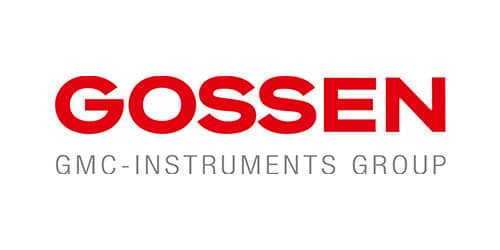
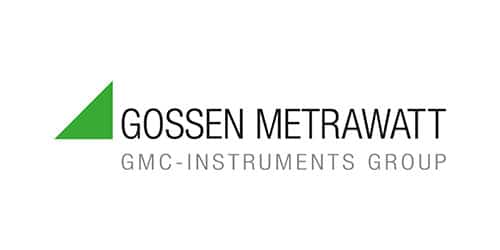
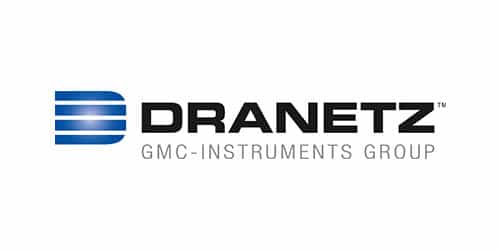


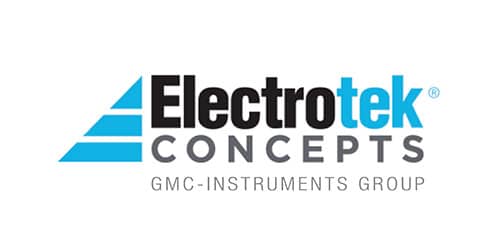
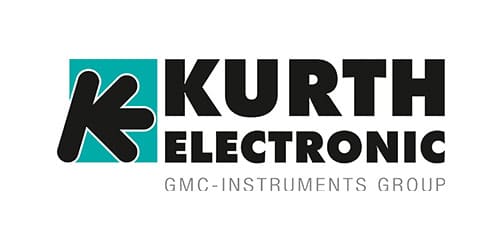





Sign up to our Newsletter.
Stay up to date with the latest industry and product news, as well as our free educational content such as webinars and our expert guides.
Close